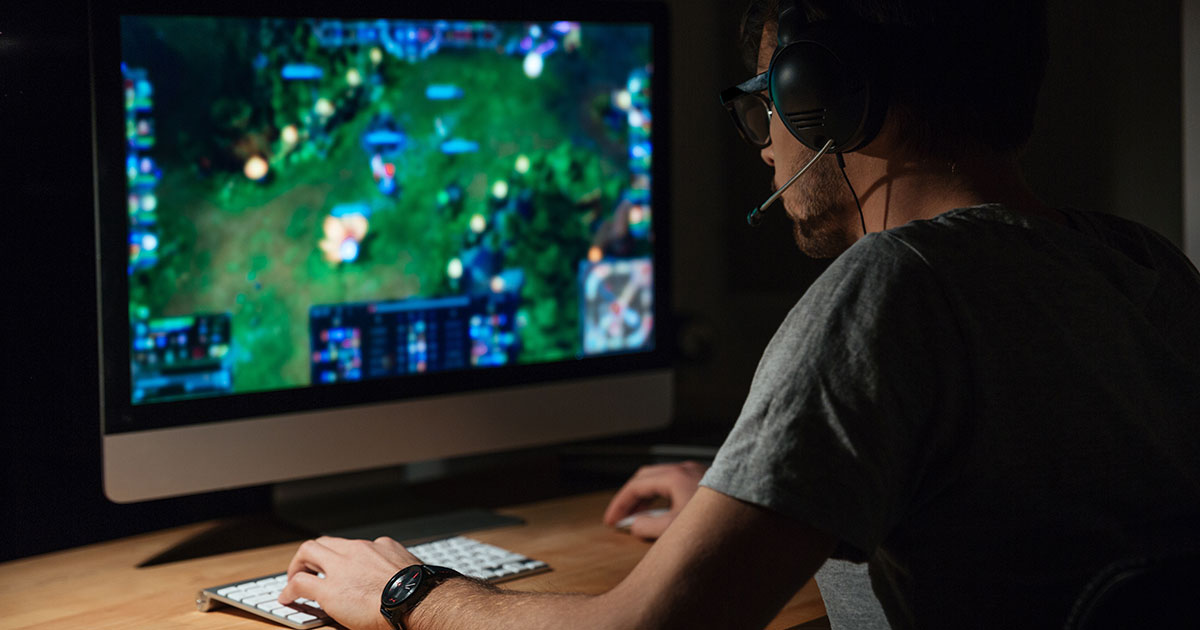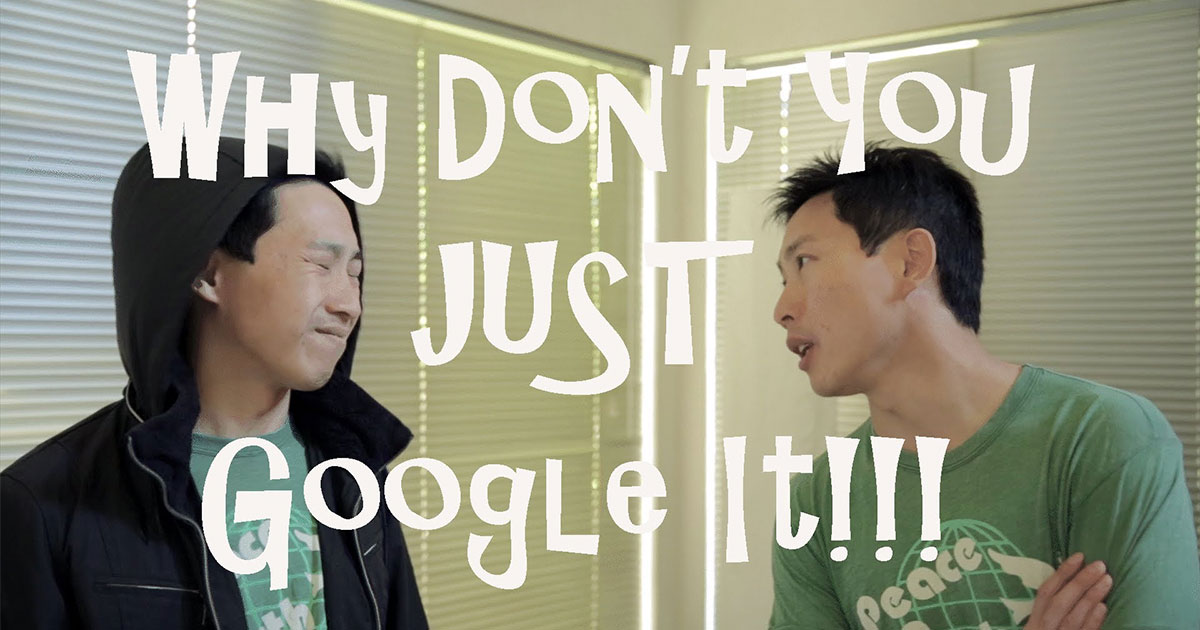
I graduated. What now?
Millennials vs. Gen X
So… what now?

Zameen Datta, Intern, Malaysiakini
2 December 2016
Congratulations, you’ve finally gotten your degree.
Finishing your final year involves a great deal of stress, with exams and assignments and internships that all suddenly need to be completed and handed in yesterday. It requires many late nights pouring over textbooks and frantic study sessions in the library. At the end of it all, being handed your degree can feel like a sweet, sweet victory.
But once you’ve taken the pictures and tossed the hats in the air, things suddenly become complicated. The real world is very different from the structured, organized life you got used to in university, and it can be confusing or disheartening to many recent graduates taking their first steps alone.
So what do you do once the party’s over and the realities of adult life begin hammering on your door?
For a recent graduate, there are three basic paths available:

1. Continue studying
The most straightforward option: more university!
Many graduates choose to continue studying in order to receive a Masters or even PhD qualification. While this can increase your work value and allow you to learn more about a subject you love, it is important to consider whether or not this is the right path for you.
Going for a Masters means sacrificing short term profits in the hopes of a long term pay off. While having more qualifications can be good, the path of research and academia may not be suited for everyone. In addition to the highly competitive nature of the field, getting a higher qualification can actually lower your job prospects by making you too specialized in a certain subject.

2. Get a job
The “sensible” choice: start working, earn a salary and pay off your debts as soon as possible.
A lot of people decide to go straight into the working world once they graduate. This gives them the chance to immediately start earning money as well as learn new skills and make valuable contacts that will serve them well in the future.
However, while getting a job was once considered the ‘safe and stable’ option, the economic problems of the past few years has led to many companies downsizing and made it harder for new graduates to find work. While the economy is recovering in many places, the idea of staying in one job until you retire is considered outdated and inflexible. Be prepared to switch jobs or even careers several times throughout your lifetime.

3. Do something else
The third and final option represents a lot of things, including: building a business, taking a gap year, becoming a housewife, volunteering to work for an NGO, and many, many more.
This option is available to you because right now you are at what is possibly the most free period of your life. You have all the freedoms and responsibilities of an adult without needing to worry about having to take care of a house or children. In short, this is possibly the best time for you to take a risk because you can afford to make a big gamble.
Whichever path you want to take, make sure you think carefully before deciding. These next few years will possibly be the most important in your lifetime. You should plan your next steps ahead of time in order to ensure that the path you pick is the right one for you.

























